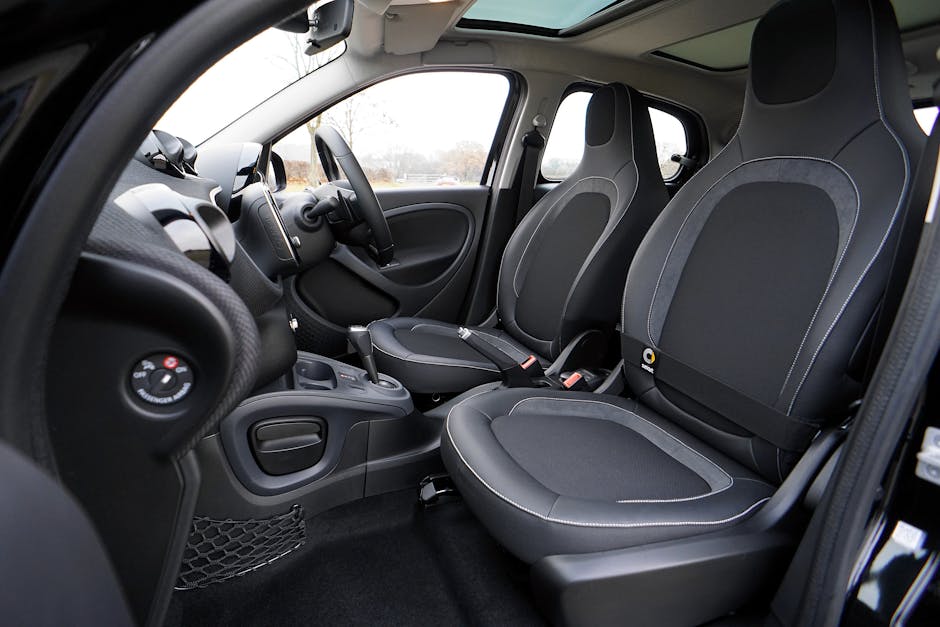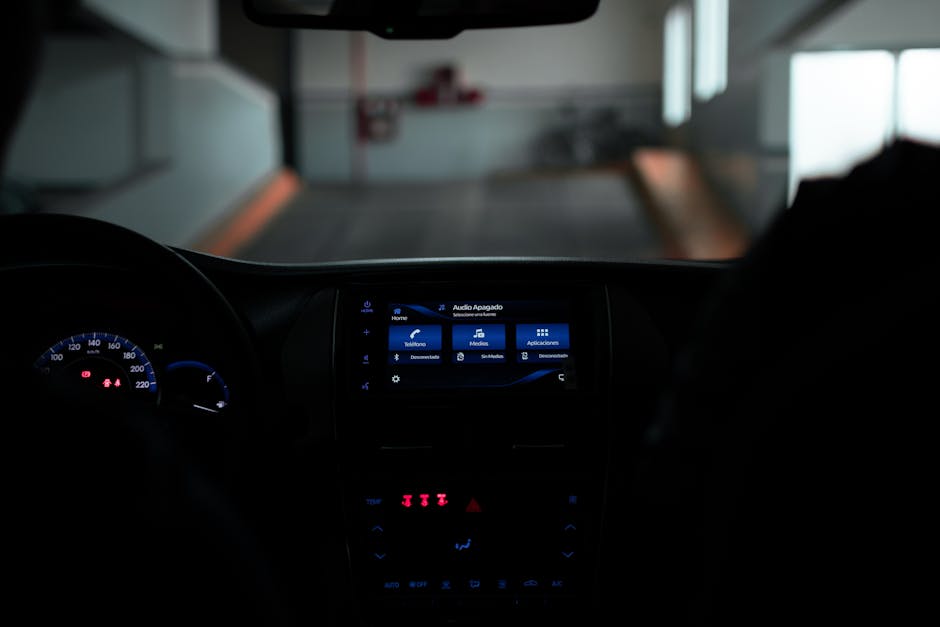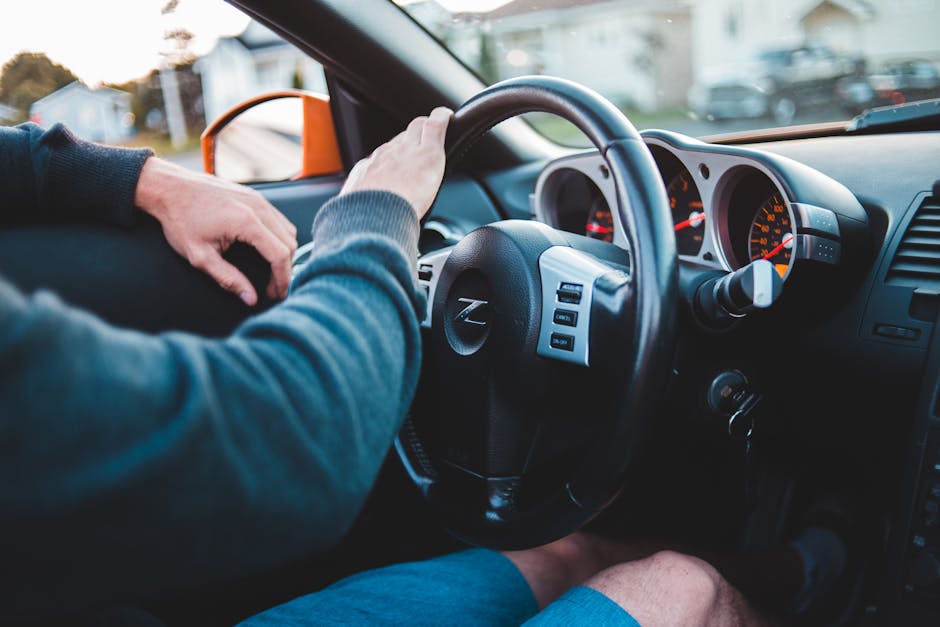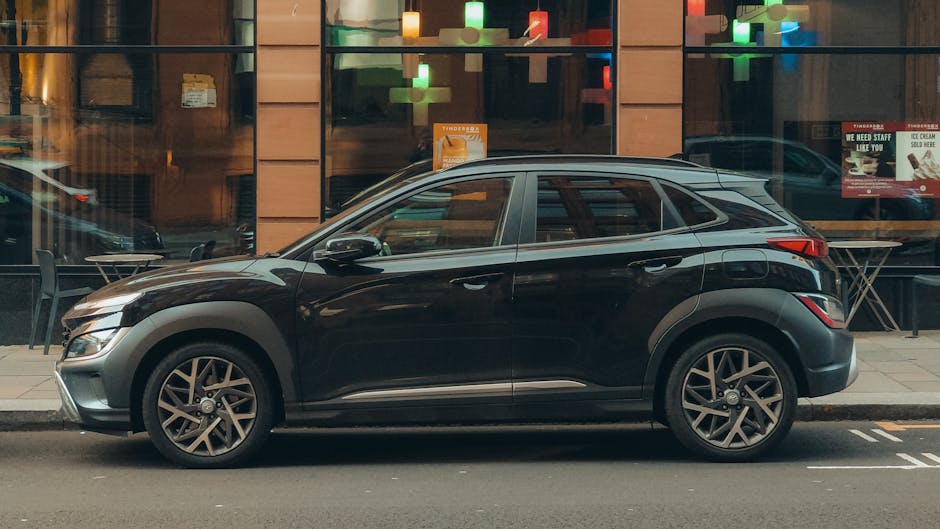Safe Driving Habits for New Drivers
Did you know that car accidents are one of the leading causes of death for teenagers? According to the National Highway Traffic Safety Administration, in 2021, 3,522 people aged 15-20 died in car crashes in the U.S. This statistic is a wake-up call for new drivers. Learning safe driving habits can make all the difference. Lets explore how you can stay safe on the road!
Why is Safe Driving Important?

Safe driving isn’t just about following the rules. it’s about protecting livesyours and others. When you drive safely, you reduce the risk of accidents. This helps everyone on the road, from pedestrians to cyclists to other drivers.
Think about it: every time you get behind the wheel, you’re responsible for a vehicle that weighs thousands of pounds. The decisions you make can have serious consequences. So, what are the habits that can keep you safe?
What Are Basic Safe Driving Habits?

Here are some essential habits every new driver should practice:
- Always Wear Your Seatbelt: This is your first line of defense. Buckling up can reduce the risk of serious injury by 50%.
- Obey Speed Limits: Speed limits are there for a reason. They help keep roads safe for everyone.
- Avoid Distractions: Put your phone away. Eating, adjusting the radio, or chatting with friends can take your attention off the road.
- Follow Traffic Signals: Always stop at red lights and follow other traffic signals. They help manage the flow of traffic.
- Keep a Safe Distance: Maintain a safe distance from the car in front of you. This gives you more time to react.
These basic habits might seem simple, but they form the foundation of safe driving. Lets dive deeper into each one.
How Can You Minimize Distractions While Driving?

Distractions are a major cause of accidents, especially for new drivers. Heres how to keep your focus on the road:
- Put Your Phone Away: Use apps that limit notifications while you drive.
- Set GPS Before You Go: Program your destination before you start driving.
- Keep Passengers Calm: If friends are being loud or distracting, ask them to keep it down.
By minimizing distractions, you can keep your focus where it needs to beon driving. Remember, driving requires your full attention.
What Should You Do in Bad Weather?

Driving in rain, snow, or fog can be challenging. Here are some tips to stay safe:
- Slow Down: Reduce your speed to match the conditions. Wet roads can cause skids.
- Increase Following Distance: Leave more space between you and the car in front of you.
- Use Headlights: Turn on your headlights when it’s hard to see. This makes your car more visible.
Driving safely in bad weather is crucial. It’s not just about you; it’s about everyone else on the road.
How Can You Handle Emergency Situations?
No one likes to think about emergencies, but knowing how to respond can save lives. Heres how to prepare for the unexpected:
- Stay Calm: Take deep breaths and don’t panic. Keeping a cool head helps you think clearly.
- Know How to Change a Tire: Practice changing a tire before you hit the road. This skill can be invaluable.
- Have an Emergency Kit: Keep a kit in your car that includes a flashlight, first aid supplies, and basic tools.
Being prepared for emergencies gives you confidence. Youll feel more in control when problems arise.
What is Defensive Driving?
Defensive driving means staying alert and anticipating the actions of other drivers. Here are some key principles:
- Always Be Aware: Keep an eye on the road and the behavior of other drivers.
- Expect the Unexpected: Be ready for sudden stops or lane changes from other drivers.
- Use Your Mirrors: Check your mirrors regularly to stay aware of your surroundings.
Defensive driving helps you avoid accidents. it’s about being proactive rather than reactive.
How Can You Improve Your Parking Skills?
Parking can be a challenge, especially in tight spots. Here are some tips to help you out:
- Practice: Find an empty parking lot to practice parking. Try parallel parking and backing into spaces.
- Use Your Mirrors: Check your mirrors to see how close you are to other cars.
- Take Your Time: don’t rush. Take your time to ensure you park safely.
Good parking skills can prevent minor accidents and save you from potential damage to your car.
What Are the Consequences of Reckless Driving?
Reckless driving can lead to serious consequences. Heres why you should avoid it:
- Legal Issues: You can face fines, points on your license, or even jail time.
- Increased Insurance Rates: Reckless driving can lead to higher car insurance premiums.
- Injury or Death: The most serious consequence is harming yourself or others.
Understanding these consequences can motivate you to drive responsibly. Remember: your choices matter.
What Resources Are Available for New Drivers?
As a new driver, you don’t have to navigate this journey alone. Here are some helpful resources:
- Driver Education Courses: Consider enrolling in a course that covers safe driving practices.
- Online Resources: Websites like the National Highway Traffic Safety Administration offer valuable tips.
- Mentorship: Ask an experienced driver to mentor you. Their guidance can be invaluable.
Taking advantage of these resources can boost your confidence and skills behind the wheel.
What Are Your Next Steps?
Now that you know the key safe driving habits, it’s time to put them into practice. Here are some actionable takeaways:
- Make a checklist of safe driving habits and review it regularly.
- Practice defensive driving techniques in various conditions.
- Stay informed about the latest traffic laws and safety tips.
With practice, you can become a skilled and safe driver. Remember, safe driving is a lifelong journey. Stay aware, stay focused, and keep learning!
For more tips on driving safety and best practices, check out the National Highway Traffic Safety Administration. And if you want to dive deeper into defensive driving techniques, be sure to read our related post on Defensive Driving Tips for Beginners.



